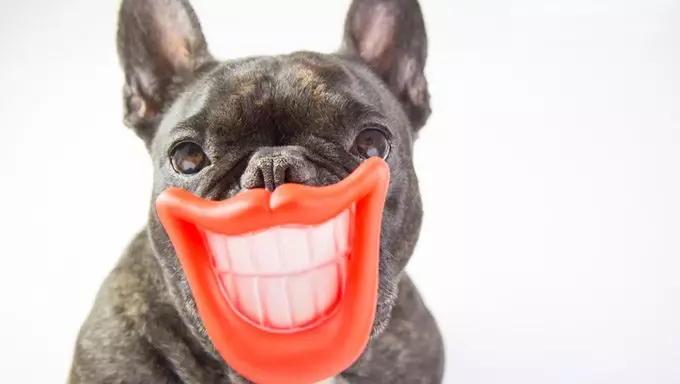Dogs bring immense joy and companionship to our lives, but their health is paramount, especially when it comes to dental hygiene. Bad breath in dogs is not merely an unpleasant nuisance; it can be a signal of underlying health issues. Many pet owners overlook this aspect until it becomes severe, often due to the difficulty of broaching the subject. We need to understand that a dog’s dental health is integral to their overall well-being.
Dental diseases in dogs are alarmingly common and can have serious implications if left unchecked. Periodontal disease, a leading cause of dental issues in dogs, can progress to systemic conditions affecting the heart, liver, and kidneys. The bacteria from untreated gum diseases can enter the bloodstream, leading to complications that could ultimately shorten a dog’s lifespan. As a responsible pet owner, it is crucial to recognize that bad breath is often one of the earliest signs that something is amiss in your canine companion’s oral health.
While bad breath is a red flag, it is not the only indication of dental issues. Other signs include difficulty chewing, swollen gums, or a reluctance to play with chew toys. If a dog exhibits a sudden change in eating habits or shows signs of discomfort while eating, it is essential to consult a veterinarian. They can perform a thorough dental examination and provide the necessary treatments such as professional cleaning or dental surgery, if required.
While quick fixes, like offering breath freshening treats or water additives, might temporarily mask unpleasant smells, they do not replace the importance of long-term dental care. It is essential to build a dental hygiene routine that includes regular brushing, dental chews, and scheduled veterinary check-ups. Teaching your dog to tolerate tooth brushing from an early age can significantly reduce dental issues later in life.
Incorporating Home Remedies Safely
If you find your dog has less-than-pleasant breath, consider safe and natural remedies first, but always consult with your veterinarian before introducing any new treatment. For example, parsley or mint can be added to their food to help freshen breath; however, it’s vital to confirm that the herbs are safe for canine consumption. Additionally, providing a balanced diet that supports dental health plays a vital role in mitigating oral issues.
As pet owners, it is our responsibility to stay vigilant about our dogs’ health and well-being. Bad breath should not be ignored or trivialized, as it can lead to more significant health concerns. By taking proactive steps in dental care, including regular vet visits and monitoring your dog’s oral health, you can ensure that your furry friend enjoys a happier, healthier life. Don’t hesitate to reach out to your veterinarian for advice, and engage with other dog owners to share tips and experiences on maintaining optimal dental health for your pets.

